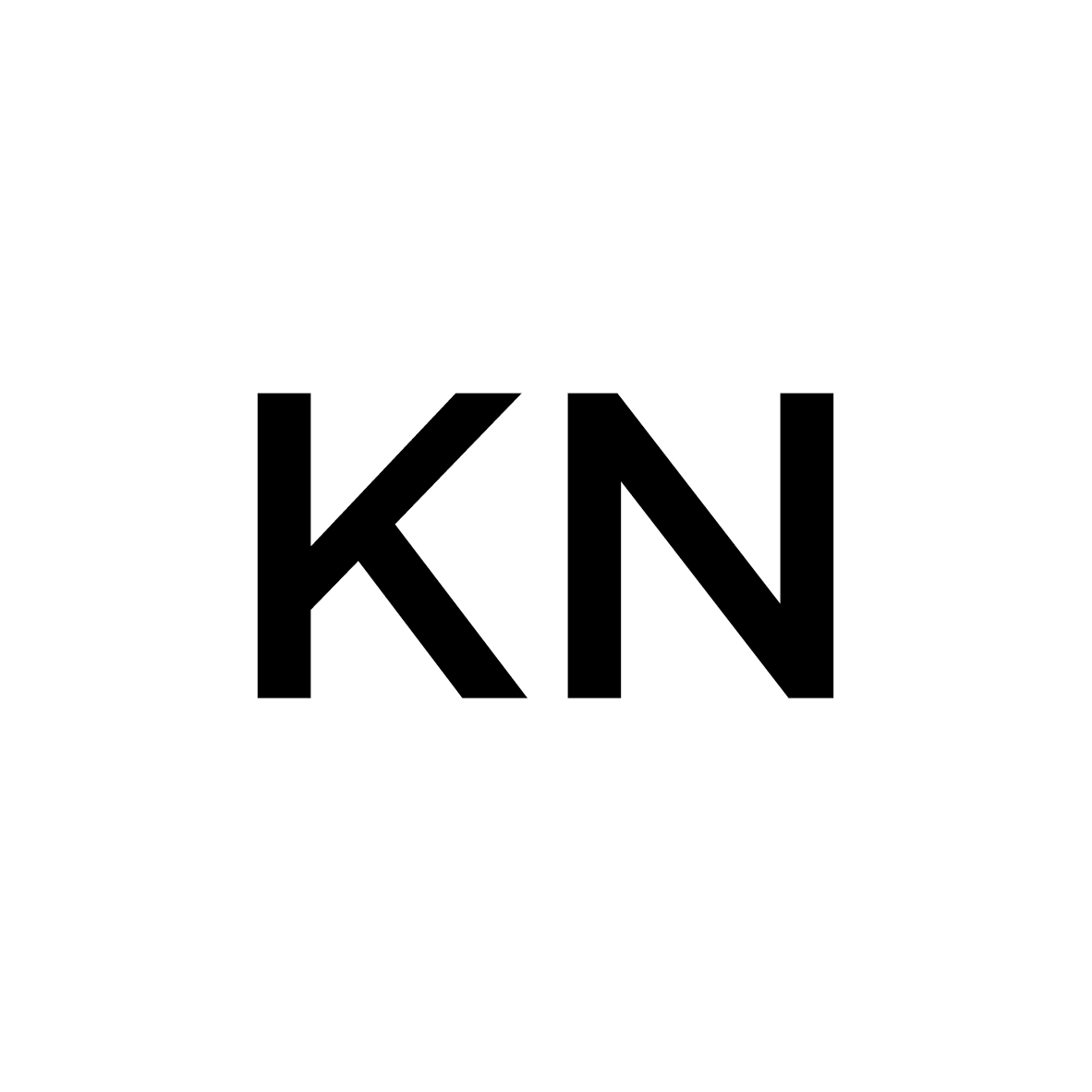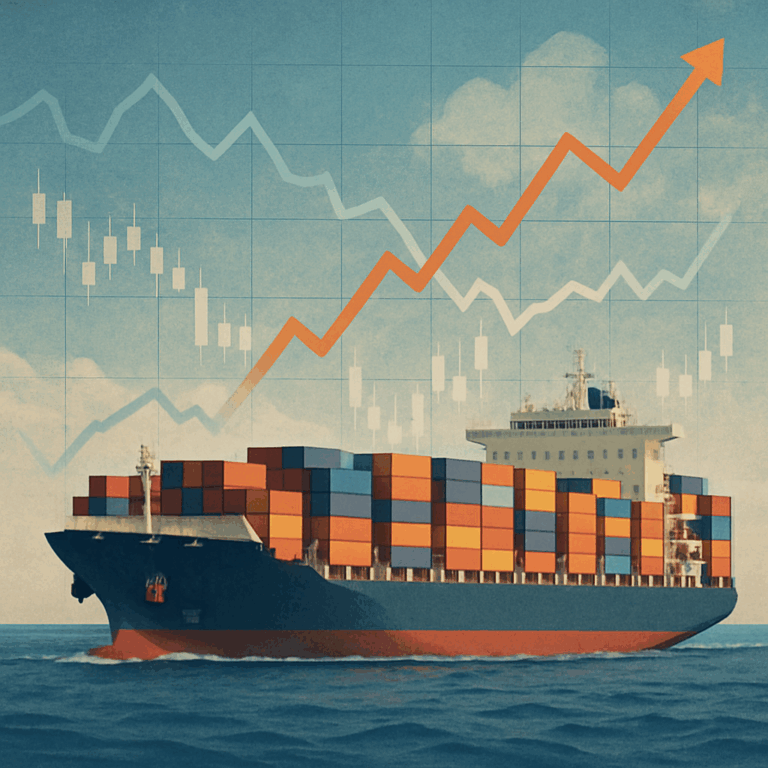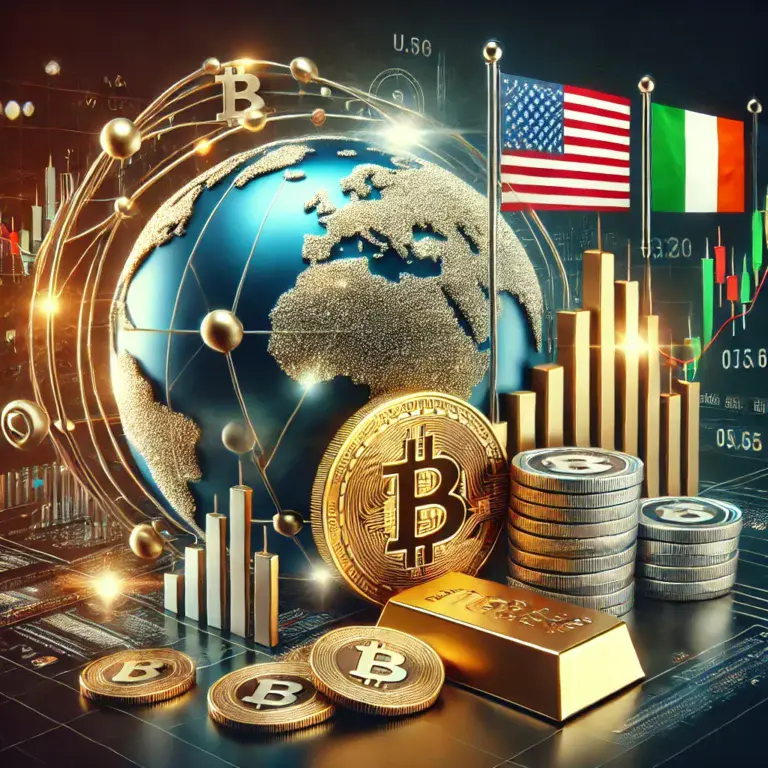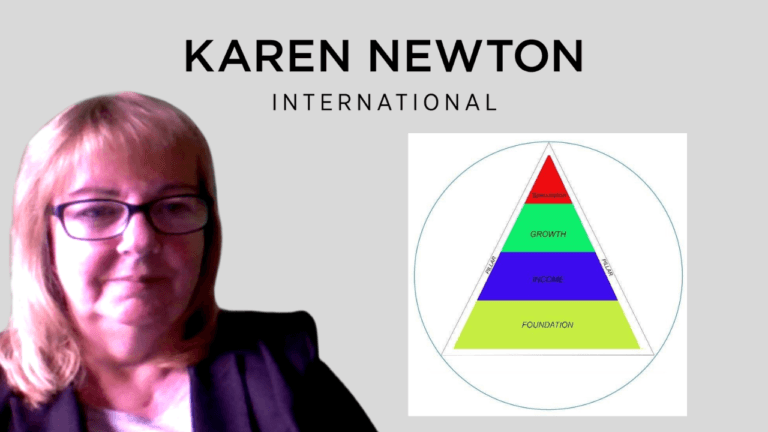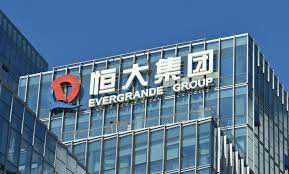Fake Gold and Shadow Banking and How it Affects You
When 83 tonnes of fake gold—worth over $2 billion—were discovered in a Chinese vault, the shockwaves hit far more than just the company behind the fraud. This scandal struck at the core of China’s vast and largely unregulated shadow banking system, raising urgent questions about asset credibility, global financial stability, and how secure your own money really is. In a world still recovering from COVID-19 and bracing for potential economic downturns, this case of fake gold could be the warning sign of a much larger financial storm.
Key Takeaways
- The discovery of 83 tonnes of fake gold in a Chinese vault has rocked the global financial system.
- Shadow banking, an unregulated financial system, is at the heart of this crisis.
- The fallout could trigger widespread economic instability, just as it did in 2008.
- Precious metals like gold and silver remain a strong hedge against uncertainty.
Table of Contents
- Key Takeaways
- What is Shadow Banking?
- The Fake Gold Scandal Explained
- Why This Affects the Global Economy
- How the Fake Gold Scandal Impacts You
- Protecting Yourself in Uncertain Times
- Fake Gold Is a Warning
- Further Reading
- Frequently Asked Questions (FAQ)
- Zero to Millionaire Membership
What is Shadow Banking?
Shadow banking refers to financial activities conducted by non-bank institutions that operate outside traditional banking regulations. These entities include:
- Investment banks
- Hedge funds
- Insurance companies
- Mortgage lenders
- Private equity funds
- Money market funds
- Peer-to-peer lending platforms
Unlike traditional banks, shadow banking institutions do not take customer deposits. As such, they’ve avoided many regulations designed to prevent financial crises, like those concerning liquidity and capital adequacy.
In recent years, the shadow banking system has exploded in size—particularly in China, where it’s estimated to be worth $3 trillion annually. High-risk investments such as derivatives and mortgage bundling have made shadow banking both lucrative and dangerous.
The Fake Gold Scandal Explained
In one of the biggest financial frauds of the decade, Kingold Jewelry Inc., a Chinese firm, used 83 tonnes of fake gold—actually gilded copper—as collateral to secure 14 billion yuan (approx. $2 billion) in loans.
When Kingold defaulted, lenders attempted to seize the gold bars—only to discover they were not gold at all. These bars had been insured, and multiple Chinese banks were exposed in the scandal.
This discovery of the fake gold not only undermined the credibility of the borrowers and insurers, but also shook the entire shadow banking structure in China.
Why This Affects the Global Economy
The implications of this fake gold scandal are far-reaching:
- Five Chinese banks are now facing massive exposure to potentially worthless loans.
- The 83 tonnes of fake gold represent 22% of China’s annual gold production, shaking investor confidence in physical gold reserves.
- Insurance companies that underwrote these assets failed to properly audit the collateral, damaging their credibility.
- The US government has begun removing certain Chinese companies from stock exchanges due to auditing failures, increasing financial tensions.
This event is reminiscent of the 2008 financial crash, where poor asset valuation and risky lending brought global economies to their knees.
How the Fake Gold Scandal Impacts You
In 2008, the collapse of the shadow banking system—then called the sub-prime mortgage market—sparked the global financial crisis. Asset values became unreliable, and trust between institutions evaporated.
Former Bank of England Governor Mervyn King revealed that he and US Treasury Secretary Hank Paulson were just 30 minutes away from total financial system collapse.
Now, in the aftermath of COVID-19 and rising global debt, history is threatening to repeat itself. The fake gold scandal has cast doubt on the integrity of assets in the shadow banking world. If trust erodes again, we may face another widespread economic crash.
Protecting Yourself in Uncertain Times
So, how can you protect your wealth?
1. Invest in Precious Metals
Gold and silver are time-tested hedges against inflation and financial instability. During times of uncertainty, their value tends to rise.
In just one month, as this scandal unfolded and fears of a second wave of coronavirus grew:
- Gold prices increased by 5.30%
- Silver prices rose by 6.79%
2. Educate Yourself Financially
Understanding how systems like shadow banking work puts you in a better position to navigate economic shocks. Don’t rely solely on traditional financial institutions—take control of your own financial education.
Fake Gold Is a Warning
The fake gold discovery is more than a Chinese banking scandal—it’s a warning signal. A signal that trust, once lost, can unravel entire systems. Whether you’re an investor or a concerned individual, this is a wake-up call to pay attention, diversify, and prepare for financial volatility ahead.
Further Reading
Frequently Asked Questions (FAQ)
What is fake gold?
Fake gold refers to counterfeit or fraudulent gold bars that are made from cheaper metals (like copper or tungsten) and coated with a thin layer of real gold to appear genuine. In the Kingold scandal, 83 tonnes of gold-backed collateral turned out to be gilded copper.
Why is fake gold such a big deal in the financial world?
Fake gold undermines trust in the financial system—especially when it’s used as loan collateral, as in the Kingold case. It exposes massive vulnerabilities in shadow banking, asset auditing, and insurance validation, potentially leading to cascading financial failures.
What is the shadow banking system?
The shadow banking system includes financial institutions that operate outside traditional banking regulations. These can include hedge funds, mortgage companies, insurance firms, and peer-to-peer lenders. While innovative, this system lacks transparency and oversight.
How does fake gold affect shadow banking?
In this case, shadow banking institutions issued billions in loans backed by what they believed was real gold. The discovery that it was fake gold could cause defaults, credit tightening, and a loss of confidence in other shadow banking assets that lack proper verification.
Could this scandal lead to a financial crisis?
Potentially, yes. Much like the 2008 crisis caused by undervalued and poorly assessed mortgage-backed securities, fake gold could signal broader systemic issues—especially if trust in asset-backed lending continues to erode. If the shadow banking sector starts collapsing, the impact could ripple through global markets.
How can I protect myself from risks like this?
Financial education and diversification are key. Holding assets like physical gold and silver, which you can verify and store independently, offers a hedge against economic uncertainty. Staying informed about macroeconomic trends and regulatory risks also helps you make smarter investment decisions.
Zero to Millionaire Membership
The Zero to Millionaire Membership covers investment strategies covering business; property; crypto; gold and silver.

Karen Newton is a Business and Wealth Strategist, 3x International Bestselling Author, and founder of Karen Newton International. She combines practical experience with AI-Powered Entrepreneurship to help smart entrepreneurs build online income, invest strategically, and create long-term wealth through business growth, investments and joint ventures.
